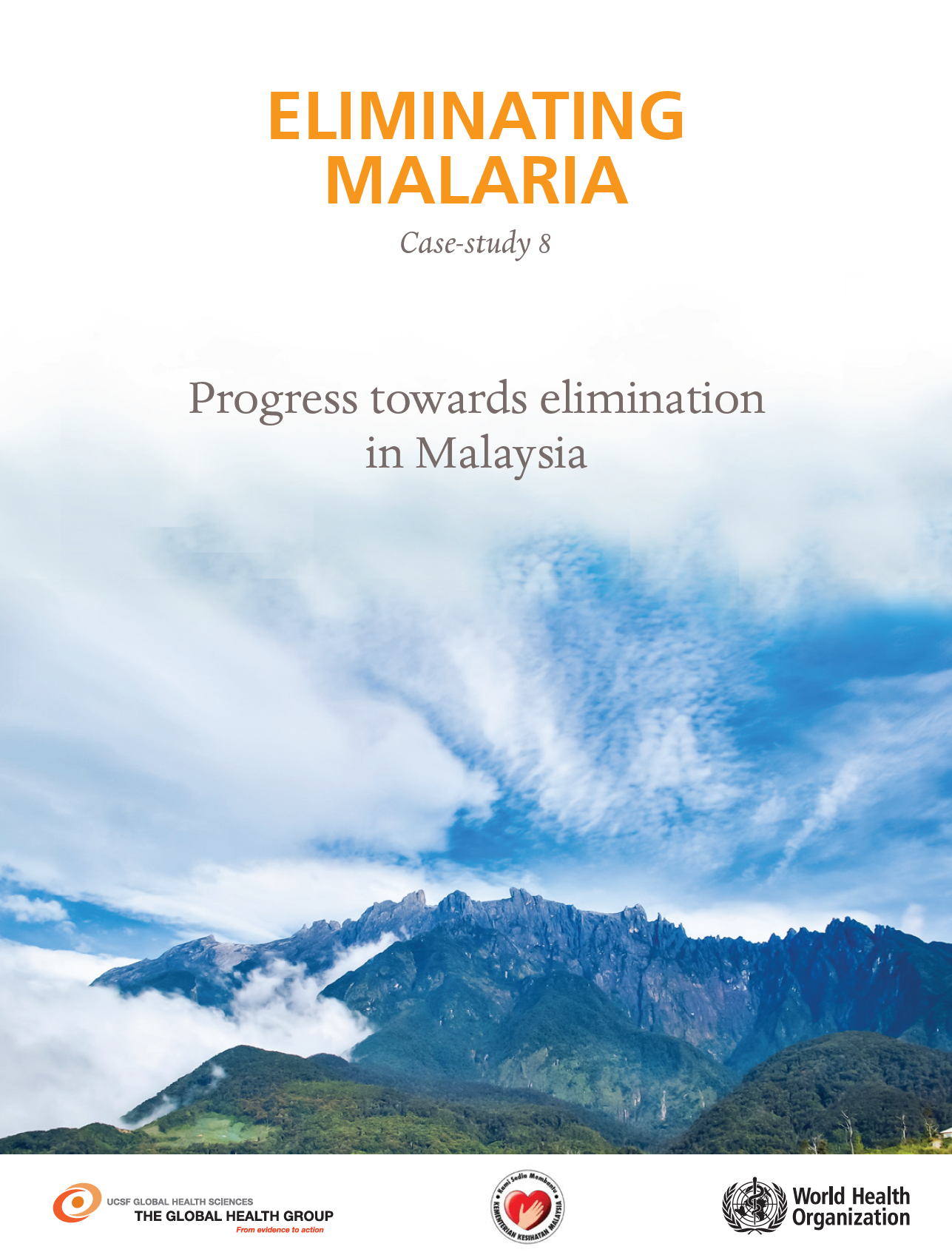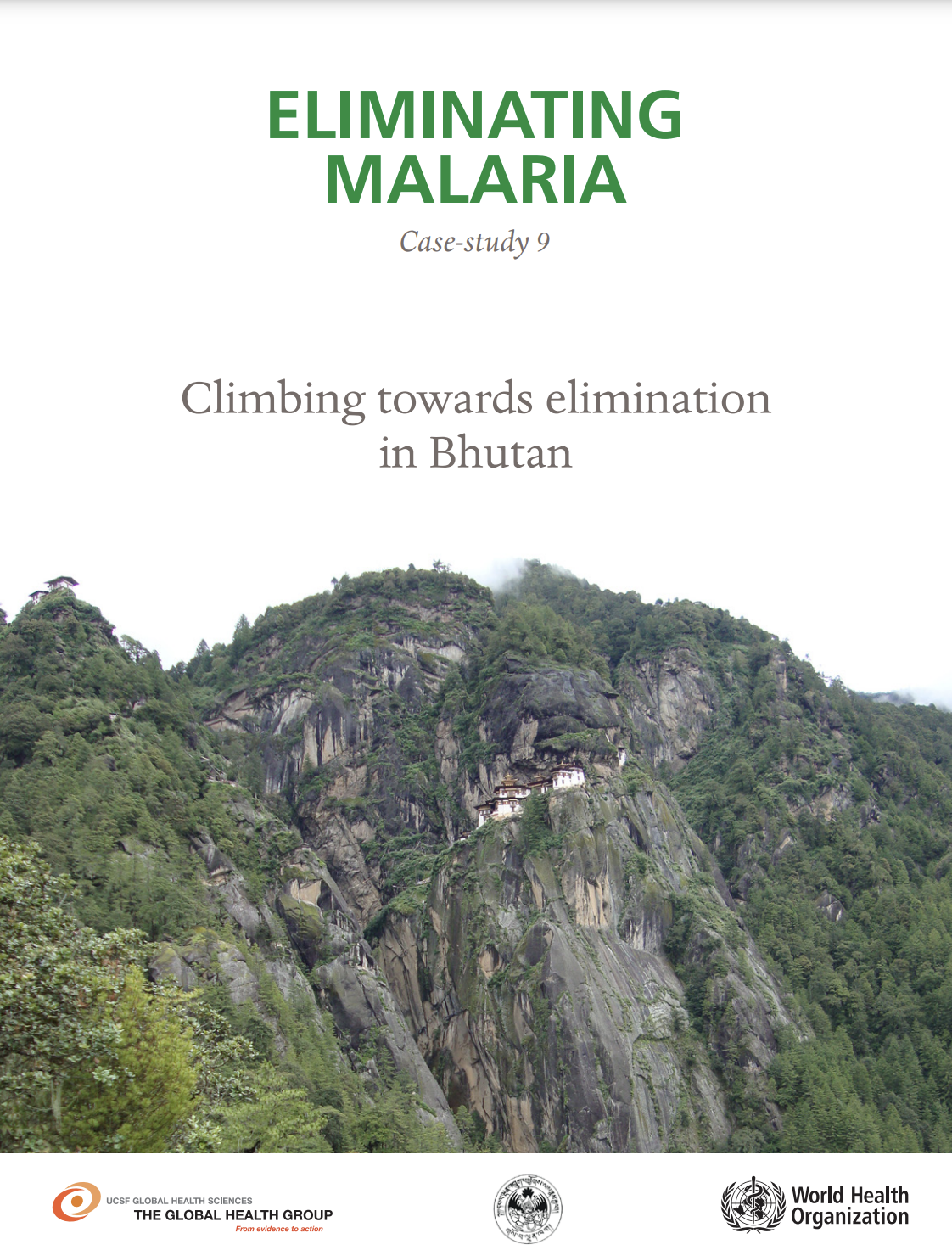Last Updated: 03/07/2025
RAI2E (RAI towards Elimination of Malaria)
Objectives
The overall goal of this grant is to accelerate elimination of P. falciparum malaria in the Greater Mekong Subregion by supporting the increased malaria service coverage for remote populations in border areas, as well as case management through health volunteers and surveillance systems.
The grant will support countries to invest in case management through health volunteers and surveillance systems, which often require intensive training, information technology and human resources.
The funding request describes seven “packages” (i.e. strategies) for RAI2E, as follows:
- To extend access to prevention tools and case management services amongst hard to reach populations through “Inter-Country Projects” (ICP) that go beyond what is described in country components.
- To stimulate operational research and innovation to guide policy.
- To ensure the availability of quality health products across the GMS.
- To strengthen regional surveillance.
- To monitor anti-malarial drug efficacy and treatment policy updates.
- To support constituencies to improve and expand delivery in country components through regional multi-sectorial collaboration.
- To support the enabling environment to ensure quality implementation of the RAI2E
United Nations Office for Project Services (UNOPS) Myanmar, Myanmar
Extending effective malaria control and artemisinin resistance containment activities to hard-to-reach and transient populations in priority areas of Southeast Myanmar
Effectiveness of forest-based malaria control interventions in large forests of Cambodia
Mobile malaria services for hard-to-reach communities in northeast Cambodia
Quality Diagnosis and Standard Treatment of Malaria (QDSTM) project
Intensifying malaria control and accelerating progress towards elimination in high transmission and hard-to-reach areas in Myanmar
Expansion of malaria surveillance along eastern, western and southern borders of Thailand
Assessing community-based reactive case detection and treatment of P. falciparum and P. vivax malaria in high risk populations
Building capacity for malaria elimination in southern Cambodia (RAI2E – Kep, Kampot, Takeo provinces)
Mobile and migrant populations (MMPs) face obstacles in accessing equitable and essential health care for a variety of reasons, including living and working conditions, education level, gender, irregular migration status, language and cultural barriers, legal status, and a lack of migrant-inclusive health policies.
There is a need for a more robust analysis of information on human rights and gender and to address this need, the regional component of the RAI2E, which will focus on maximizing malaria service coverage for remote populations in border areas, piloting innovative interventions to deal with residual malaria transmission, stimulating innovative ways to speed-up elimination, supporting countries to move from malaria control to malaria elimination, and building strong multi-sectorial partnerships.
Jan 2018 — Jan 2021
$242.4M

